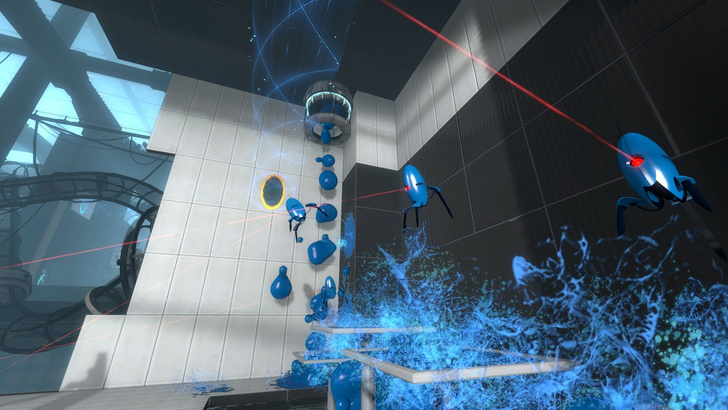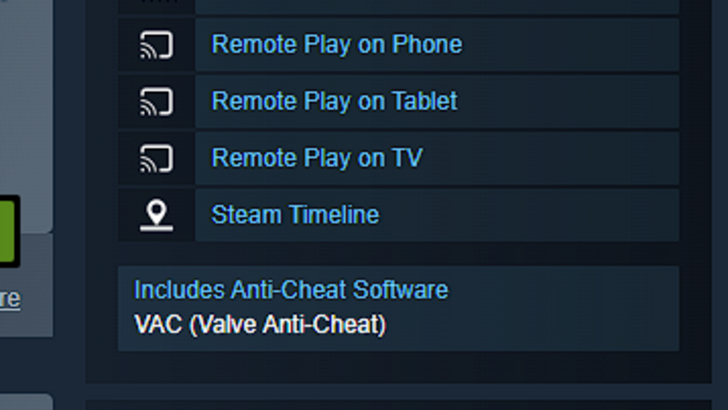
Steam is now requiring all developers to indicate whether their game uses the controversial Kernel mode anti-cheat system. Learn more about Steam's recent changes and the implications of Kernel Mode Anti-Cheat.
Steam Unveils New Tool for Describing Anti-Cheat in Games
Kernel Mode Anti-Cheat Must Be Indicated, Steam Says

In a recent update on the Steam News Hub, Valve announced a new feature allowing developers to disclose the use of anti-cheat systems in their games. This feature, accessible in the "Edit Store Page" section of the Steamworks API, aims to enhance transparency for both developers and players. Developers can now indicate whether their games use any form of anti-cheat software.
For non-kernel-based client or server anti-cheat systems, this disclosure remains optional. However, games utilizing kernel-mode anti-cheat must clearly indicate its use. This requirement likely responds to community concerns about the intrusiveness of these systems.

Kernel-mode anti-cheat software, which examines processes directly on a player's device to detect malicious activity, has been a contentious issue since its inception. Unlike traditional anti-cheat systems that monitor within the game environment, kernel-mode solutions access low-level system data, raising concerns about device performance, security, and privacy.
Valve's update seems to address ongoing feedback from both developers and players. Developers have sought a clear way to communicate anti-cheat details, while players have demanded greater transparency regarding anti-cheat services and additional software installations.

In an official statement on the Steamworks blog, Valve stated, "We've heard from more and more developers recently that they're looking for the right way to share anti-cheat information about their game with players. At the same time, players have been requesting more transparency around the anti-cheat services used in games, as well as the existence of any additional software that will be installed within the game."
This change not only simplifies communication for developers but also reassures players by providing clearer insights into the software practices used by games on the platform.
Initial Comments are as Divisive as Kernel Mode Anti-Cheat

Steam's latest feature update, rolled out on October 31, 2024, at 3:09 a.m. CST, is now live. Counter-Strike 2's Steam page, shown above, now clearly displays its use of Valve Anti-Cheat (VAC) to reflect this change.
Community reactions have been mostly positive, with many users praising Valve for its "pro-consumer" approach. However, the update hasn't been without criticism. Some community members have pointed out grammar inconsistencies in the field's display and found Valve's wording—particularly the use of "old" to describe past games that might update this information—awkward.

Additionally, players have raised practical questions about the feature, such as how anti-cheat labels will handle language translations or what qualifies as "client-side kernel-mode" anti-cheat. PunkBuster, a frequently debated anti-cheat solution, was one example mentioned. Others have used this opportunity to discuss ongoing concerns about kernel-mode anti-cheat, which some still view as overly invasive.
Despite these initial reactions, Valve remains committed to making pro-consumer platform changes, as evidenced by their transparency regarding a recent California law aimed at protecting consumers and combating false and misleading advertising of digital goods.
Whether this will alleviate the community's concerns about kernel-mode anti-cheat remains to be seen.






